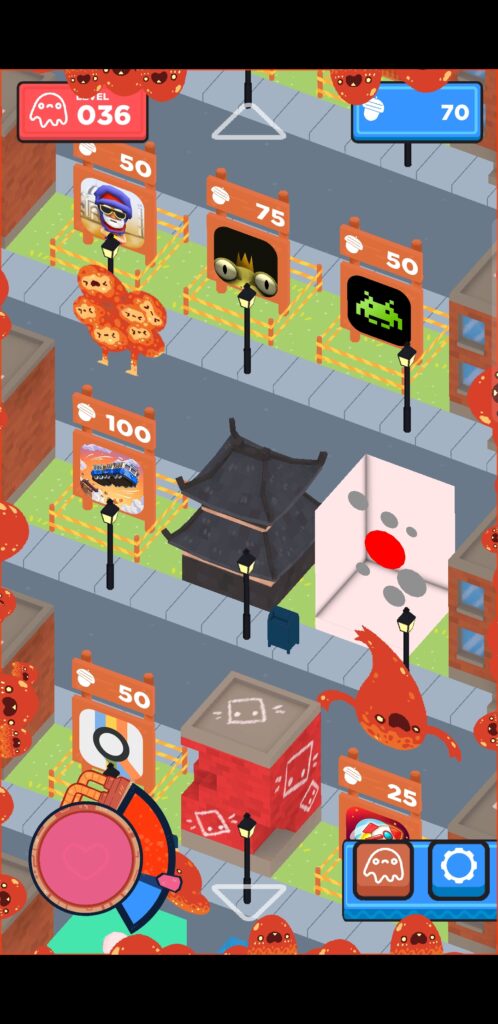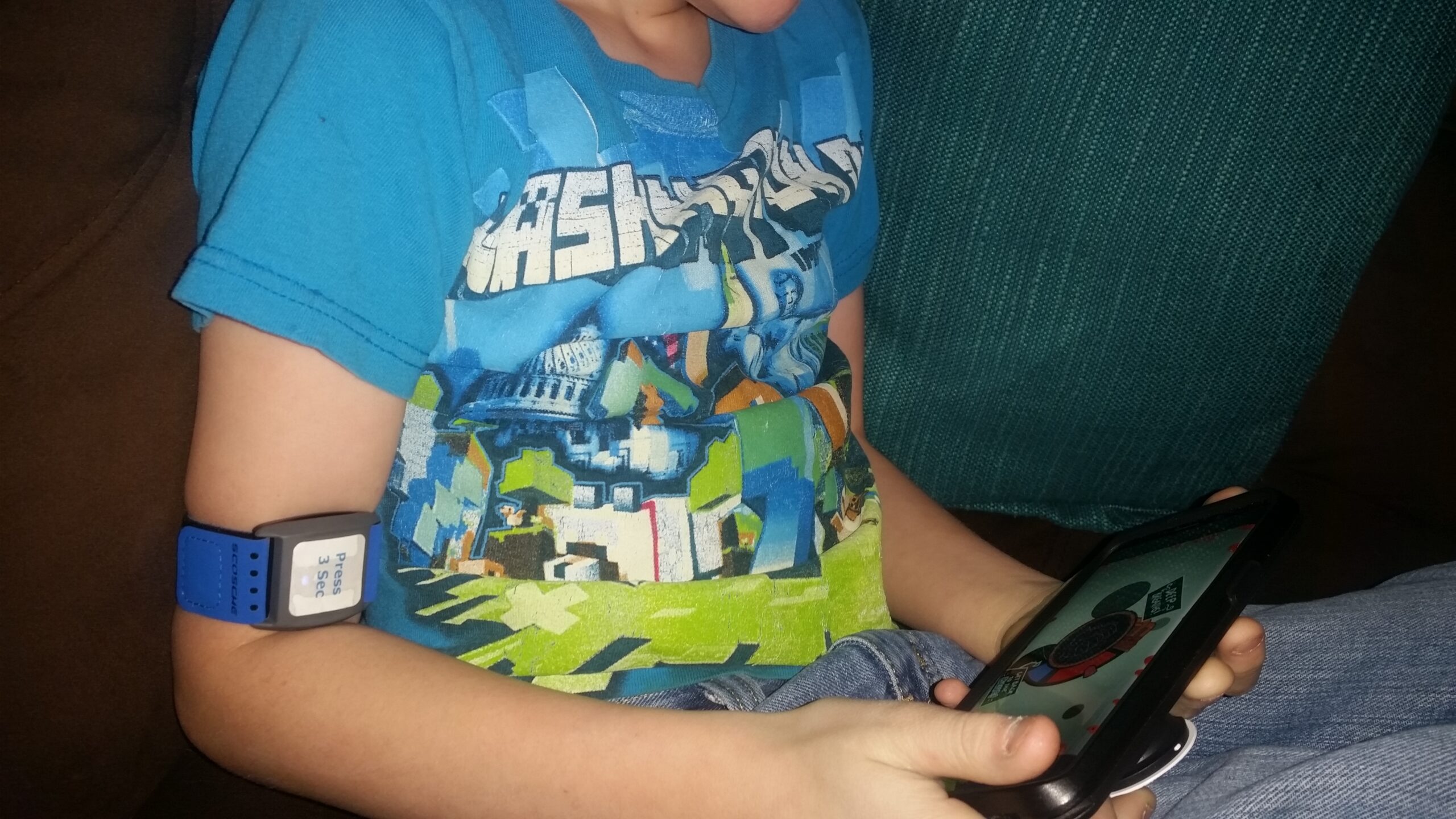Science-backed research on calming skills reveals that bio-responsive games help children become more aware of strategies to control emotional outbursts and bring down their heart rates. Denver area mom Megan Powloka is using a video game platform by Mightier™, a behavioral health company that uses bio-responsive video games to help her nine-year-old autistic son change how he approaches problems.
Mightier’s bio-responsive games were developed and tested at Boston Children’s Hospital and Harvard Medical School. Mightier’s research proves that meeting kids at their level and making learning fun really works. Three studies over seven years showed that children built skills, improved their behavior, and that stress at home declined. Over time, kids can use the calming skills they learn in the games to face challenges in real life.
Mightier is right up Megan’s son’s alley because the game rewards him, after addressing behaviors that lead to physical aggression, emotional outbursts, and threatening language. Megan looks over his shoulder as he begins to play three different games. His favorite is one that’s similar to Fruit Ninja where he chops fruit with a sword. Because he was already familiar with it, he was excited and not stressed.
The Mightier bio-responsive learning loop helps children discover that they have the power to stay calm and succeed. Since it can be difficult for children to talk about emotions, Mightier’s Mighty Band brings a child’s heart rate to life on the screen, which changes how the games work. As the heart rate increases, the games get more difficult to play. Children then make emotional connections which teaches them that when they are angry, frustrated, or upset, the world reacts, so they should too. As a result, kids learn that in order to have success, they need to be calm. With enough game practice, the wins accumulate and the children begin applying their new skills in life.
“Mightier’s game is set up like a village,” said Megan. “Each house is a game, and you are guided through the tour by dinosaurs that help collect burning rocks called “Lavalings” that pop up when my son’s heart beat is too rapid. The arm band he wears monitors his heart rate. When he sees the Lavalings, the dinosaur breathes with him, and when he calms down, the Lavaling turns into a rock that he can collect as a reward. This process helps avoid negativity which is beneficial for the entire family.”
Megan’s son knows how to breathe deeply, but he still gets frustrated. When he makes the connection that he is feeling stressed, he is learning to calm down before the Lavalings appear. Mightier suggests that kids play the games for 45 minutes per week but there’s no maximum and it’s really up to the parents.
“My son has been using this game regularly for four weeks and while we haven’t seen concrete results just yet, he is better at breathing, because he hates being prompted to do so,” added Megan. “He’s doing more of it on his own and will stick to the program going forward. After Spring Break, he’ll be moving into a new school, which could be stressful, so this game may be a great tool for him to manage his emotions and supplement his ongoing Applied Behavioral Analysis Therapy.”
Megan said the program comes with a Tablet, and she says it’s worth buying because it’s compatible with the game software. Right now, her son is playing games on her phone. It took her a long time to realize the program is only available on devices, and not the computer. There is only a parent portal on the computer. She believes that if Mightier could format the games for a computer it would be easier.
Having said that, she noted that Mightier’s knowledge and customer service is phenomenal and their program is easy to use.

“Mightier has you participate in a live Webinar where you can ask questions and email experts directly,” she said. “I can also distribute the Webinar to others. We are assigned our own personal coach, who we call monthly for support. All coaches are certified clinicians who can answers questions and help parents translate the gains in the program to real life.”
Megan noted that visually, the interface looks great, is kid-friendly, and not babyish.
“The fact that both Boston Children’s Hospital and Harvard Medical School have great research programs in Autism Spectrum Disorder (ASD), convinced me that these these bio-responsive games are a great resource for my son and me,” she added. “There’s also an online community of parents and coaches which provides people like me with a strong support network.”
Mightier’s library of emotional learning bio-responsive video games is designed for kids ranging from age six to 14. Children will be able to practice emotional regulation in a safe space, develop coping skills, and build emotional muscle memory required to meet life’s challenges head on.
Dr. Jason Kahn, a researcher at Boston Children’s Hospital, an instructor at Harvard Medical School, and co-founder and Chief Science Officer at Mightier, said that these bio-responsive games are ideal when a child’s teacher reports that their student is having a disruptive emotional outburst in the classroom. Dr. Kahn also offers help to parents and school psychologists as well as pediatricians, to determine at what point a parent might want to look into testing for an ADHD or other diagnosis. For more information about Mightier’s programs and benefits, visit: https://mightier.com


